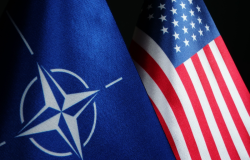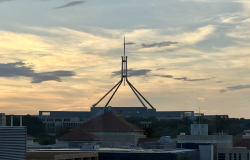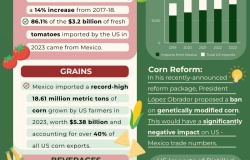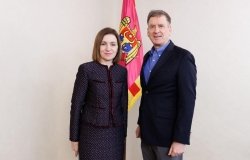Latin American Program in the News: Ecuador president mulls Julian Assange asylum bid
Ecuadorean President Rafael Correa is considering whether to grant Julian Assange's request for asylum, a move that would offend the United States and the European Union.
[...]
Ecuadorean President Rafael Correa's objections to what he deems American interventionism in Latin America and his delight in Julian Assange's massive uncorking of U.S. secrets appear to have persuaded the WikiLeaks chief that Ecuador offers his best shot at avoiding extradition to Sweden.
But four days after Assange ducked into Ecuador's London embassy seeking political asylum, this South American nation's leftist leader has yet to announce a decision. The choice may not be easy.
"Ecuador could basically forget about any renewal of the trade preferences if it granted safe haven to Assange," said Cynthia Arnson, Latin America director at the Woodrow Wilson centre in Washington.
Forty-five per cent of Ecuador's exports go to the U.S. and account for about 400,000 jobs. And a failure to reach a trade pact with the European Union could cut exports by four per cent and cost tens of thousands of jobs.
On the other hand, he would win points with Latin American leftists for whom Assange is a "gigantic symbol" of the crusade against what they see as America's heavy-handedness in the region, said international relations specialist Sandra Borda of the Universidad de Los Andes in Bogota.
[...]
Original article here.
About the Author


Latin America Program
The Wilson Center’s prestigious Latin America Program provides non-partisan expertise to a broad community of decision makers in the United States and Latin America on critical policy issues facing the Hemisphere. The Program provides insightful and actionable research for policymakers, private sector leaders, journalists, and public intellectuals in the United States and Latin America. To bridge the gap between scholarship and policy action, it fosters new inquiry, sponsors high-level public and private meetings among multiple stakeholders, and explores policy options to improve outcomes for citizens throughout the Americas. Drawing on the Wilson Center’s strength as the nation’s key non-partisan policy forum, the Program serves as a trusted source of analysis and a vital point of contact between the worlds of scholarship and action. Read more










